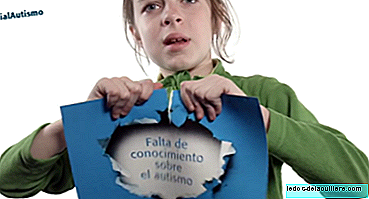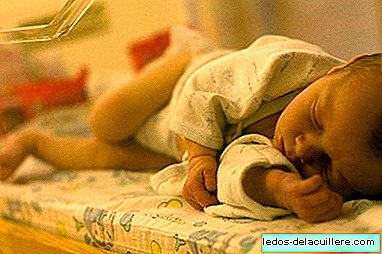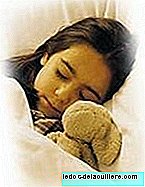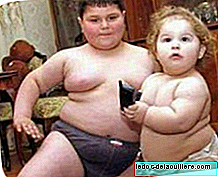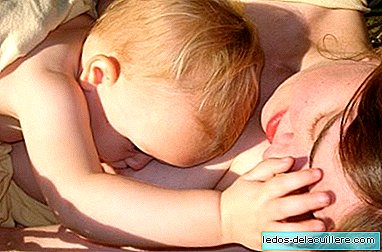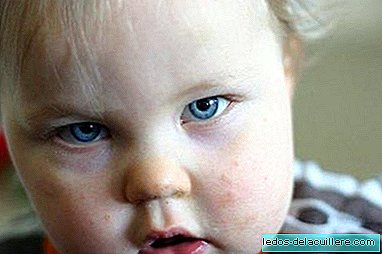
It is normal that in the winter months the cases of flu in children. The flu is a viral infection that mainly affects the respiratory tract and is easily spread, with young children being the main transmitters of the virus.
Although its symptoms are easy to treat, you have to be especially careful with the little ones because they are at greater risk of triggering complications such as an ear infection, bronchitis or pneumonia.
This year there is not so much talk about the flu as last year, when the alarm went off for the influenza A (H1N1) virus, however the circulating virus is very much the same and nobody gets so scared.
Flu symptoms in children
High fever (over 38.5 degrees), headache, cough and mucus (initially dry cough and congestion that then evolves into productive cough), in some cases breathing beeps (wheezing), malaise, muscle pain and sometimes also abdominal pain accompanied or not by vomiting. It is common in children that there is loss of appetite and irritability.
Why do children get the flu so easy?
The flu virus is spread through small particles that the patient expels when coughing, talking or sneezing, by hands or through objects that have been contaminated with the virus, such as a toy or a towel.
The little kids they are big flu transmitters because when infected they eliminate a large amount of virus and for a longer period of time than adults.
Daycare centers are a source of infection, since during the winter months it is very likely that the virus is constantly active. Children share utensils, glasses, toys that go from hand to hand and most likely from mouth to mouth ... In areas where several children live together
Treatment of influenza in children: what to do and what not to do
Being a virus, the flu has no treatment, but the symptoms can be relieved until it remits on its own. Fever is treated with anti-thermal agents that also help relieve discomfort, rest, pampering and warm liquids.
In no case should antibiotics be administered in case of influenza. They are of no use, except in case of complications and always under medical prescription. It is known that the flu is cured in a week with antibiotics or in a week without antibiotics.
Nor should aspirin or medications containing acetylsalicylic acid be administered, as it is related to the appearance of Reye's Syndrome, a serious disease that occurs frequently in children.
It is advisable to be alert to symptoms that could indicate that the flu has complicated as for example: very high and persistent fever, skin rash and difficulty breathing. Before any of these symptoms it is convenient to go to the pediatrician.
Likewise, care should be taken to prevent infection in children with heart, lung, immunodeficiency or hematological disorders.
Flu symptoms usually disappear a week, although coughs and mucus may persist for fifteen days.
Vaccinate them or not against the flu?
The Spanish Pediatric Association has been organizing for years that this vaccine should be included in all calendars for healthy children older than six months (not recommended for babies under 6 months).
It is recommended to systematically administer it to all children who have underlying diseases (oncological, respiratory, cardiac, metabolic, renal, asthma, etc.), although it has the disadvantage that the virus frequently suffers mutations, so it is necessary to readjust the vaccine every year to achieve greater efficacy.



